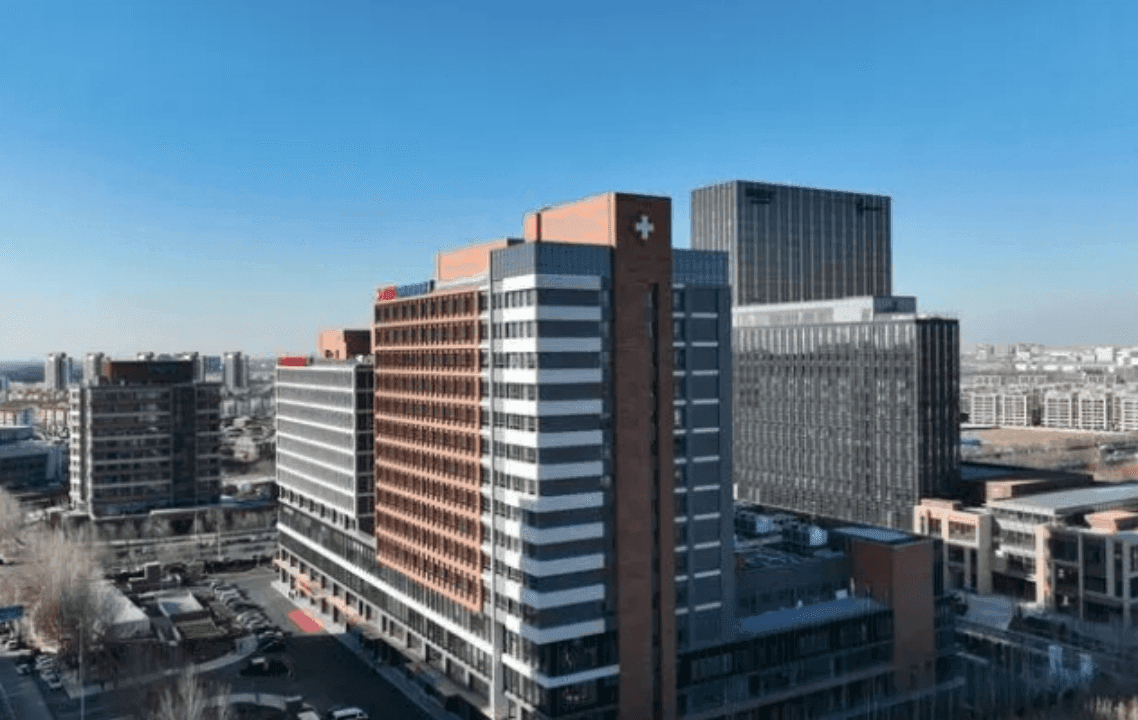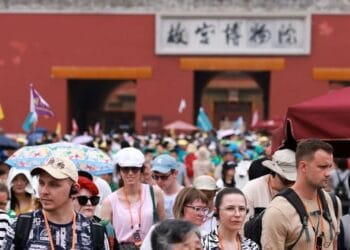
On December 16, Xinhua News Agency reported that Tianjin had issued its first-ever medical practice license for a foreign-funded tertiary comprehensive hospital. This milestone was achieved by Tianjin Perennial Hospital, marking it as the first wholly foreign-owned tertiary hospital in China. The hospital is a major investment by Singapore’s Perennial Group, with a total funding of approximately 1 billion RMB.
Earlier in 2023, Chinese authorities announced new policies permitting the establishment of foreign-funded hospitals in cities like Beijing, Tianjin, and Shanghai. However, these policies excluded traditional Chinese medicine hospitals and public hospital acquisitions. In November, the National Health Commission, along with other relevant departments, introduced a pilot program aimed at opening up China’s foreign-invested hospital sector.
With construction of its infrastructure largely complete, Tianjin Perennial Hospital has already organized its outpatient, emergency, and inpatient areas. The hospital is equipped with 500 beds, distributed across specialized departments including orthopedics, otolaryngology, nephrology, and an international division. In the future, the international division plans to provide personalized healthcare services, including health management programs.
Pan, the Executive Chairman and CEO of Perennial Group, stated: “This hospital will serve local residents with comprehensive, one-stop medical services while also delivering international-standard healthcare to foreign nationals living, working, or studying in the Beijing-Tianjin-Hebei region. Additionally, we aim to attract medical tourists from abroad.”
Pan further highlighted the introduction of Singapore’s “shared healthcare” model at the hospital. This concept will allow doctors and healthcare groups to utilize shared medical facilities and services managed by Perennial Group. These facilities include advanced operating rooms, state-of-the-art diagnostic imaging systems, and fully equipped clinical laboratories.
Addressing concerns about staffing and payment systems, Liu Dan, the hospital’s director, assured the public that the facility will foster international collaboration, training, and communication among healthcare professionals. Liu added, “We plan to invite foreign doctors to practice here in the future, in accordance with regulatory guidelines.”
On the topic of payment methods, Liu explained, “We have carefully designed a variety of payment options, including social health insurance and commercial insurance. However, the final specifics will depend on the hospital’s operations and applicable policies.”
According to the hospital’s leadership, operations are expected to begin around Chinese New Year in 2025. Once operational, the hospital will prioritize developing high-quality specialties, integrating advanced medical technologies, and continually enhancing service standards.
Pan expressed optimism about the future of China’s healthcare market, stating, “We are confident in the potential of this sector and will work closely with local hospitals to bring in international medical experts. Our goal is to enhance the quality of private healthcare services, complement public healthcare efforts, and contribute to society’s well-being.”


